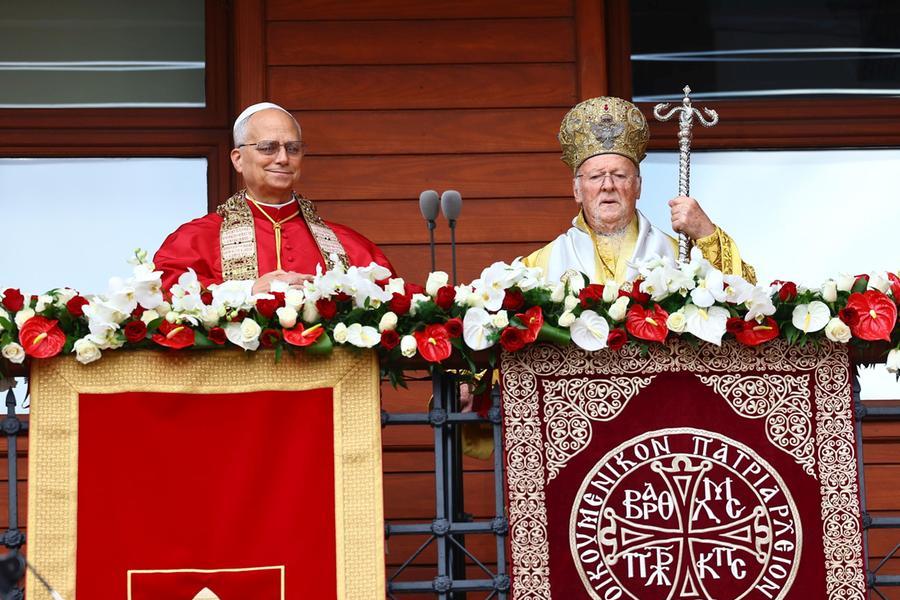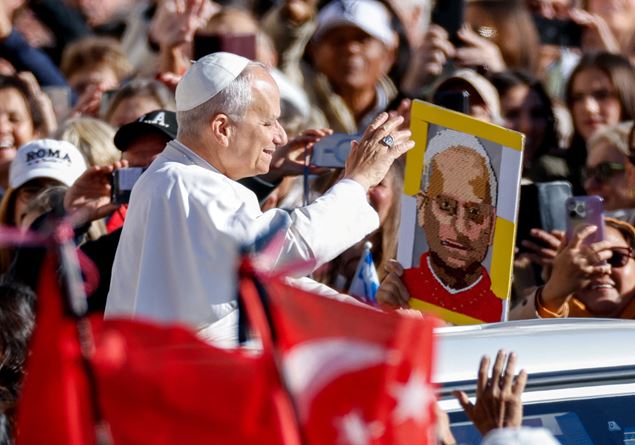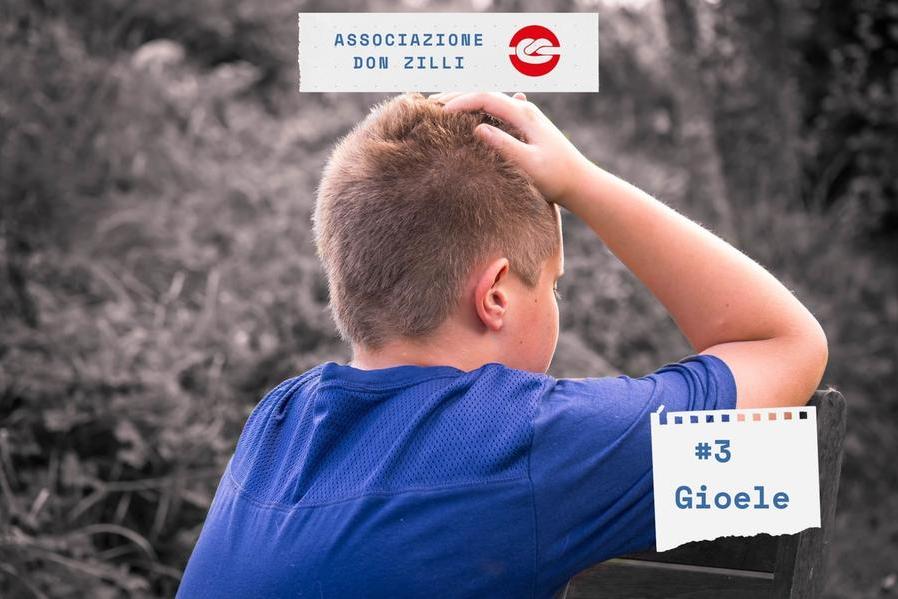A long tour among the faithful, caressing children, shaking hands, receiving gifts, blessings. Pope Leo lingers between the barriers of St. Peter’s Square to greet the faithful. To them, at the beginning of the catechesis, he repeats “Welcome everyone”. He resumes the cycle “Jesus Christ our hope” focusing the meditation on the theme of the Resurrection of Christ and the challenges of the current world. It starts from Matthew’s quote, “Behold, I am you every day, until the end of the world”, to say that this Paschal mystery “is the cornerstone of the Christian’s life, around which all other events revolve”.
In our daily lives we experience «many different experiences: pain, suffering, sadness, intertwined with joy, amazement, serenity. But through every situation the human heart yearns for fullness, for profound happiness.” He takes up the words of Saint Teresa Benedicta of the Cross, born Edith Stein, to say that “the human being always yearns to have being as a gift again, to be able to draw on what the moment gives him and at the same time takes away from him”.
Us we are «immersed in the limit, but we are also eager to overcome it. The Easter announcement is the most beautiful, joyful and shocking news that has ever resonated throughout history.. It is the “Gospel” par excellence, which attests to the victory of love over sin and of life over death, and for this reason it is the only one capable of satisfying the question of meaning that disturbs our mind and our heart.”
The Pontiff recalls that «the human being is animated by an interior movement, reaching out towards a beyond that constantly attracts him. No contingent reality satisfies him. We tend towards the infinite and the eternal. This contrasts with the experience of death, anticipated by suffering, losses and failures. From death “nullu homo vivere po skampare”, sings Saint Francis”.
But “everything changes thanks to that morning in which the women, who went to the tomb to anoint the body of the Lord, found it empty”. From that morning in which the mysterious young man dressed in white who speaks to the women in the Easter dawn says: «You are looking for Jesus of Nazareth, the crucified. It’s not here. He is resurrected”, everything changes. And from then “until today, every day, Jesus will also have this title: the Living One, as He Himself presents Himself in the Apocalypse: “I am the First and the Last, and the Living One. I was dead, but now I live forever”. And in Him we have the certainty of always being able to find the North Star towards which to direct our life of apparent chaos, marked by facts that often appear confusing, unacceptable, incomprehensible to us: evil, in its many facets, suffering, death, events that affect each and every one of us. By meditating on the mystery of the Resurrection, we find an answer to our thirst for meaning.”
«In the face of our fragile humanity”, the Pontiff further underlines, “the Easter announcement becomes care and healing, it nourishes hope in the face of the frightening challenges that life puts before us every day on a personal and planetary level. In the perspective of Easter, the Via Crucis is transfigured into Via Lucis. We need to savor and meditate on the joy after the pain, to re-cross in the new light all the stages that preceded the Resurrection. Easter does not eliminate the cross, but wins it in the prodigious duel that changed human history. Even our time, marked by many crosses, invokes the dawn of Easter hope. The Resurrection of Christ is not an idea, a theory, but the Event which is the foundation of faith.” The Pontiff insists on the “Easter hope that does not disappoint” even where “human history sees no light on the horizon”. But “truly believing in Easter through the daily journey means revolutionizing our lives, being transformed to transform the world with the gentle and courageous strength of Christian hope”.
Finally, after greeting in different languages, the Pope asks everyone to join him in «prayer for those who are affected by armed conflicts in different parts of the world; I am thinking in particular of Myanmar”, and urges “the international community not to forget the Burmese population and to provide the necessary humanitarian assistance”.










